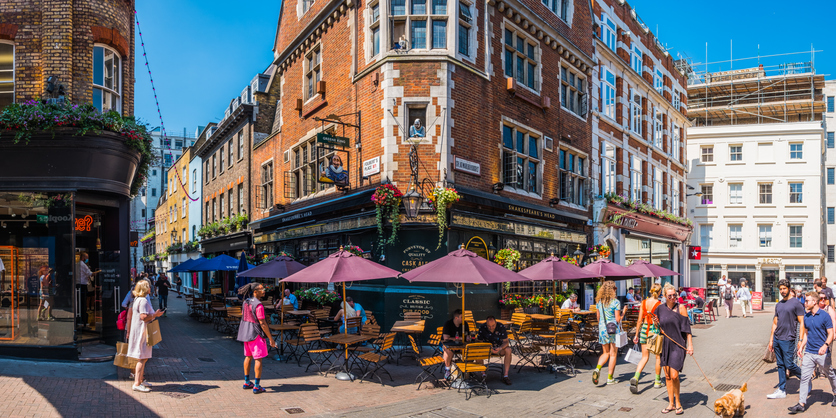The government told businesses that it can’t guarantee the British economy will be covered by ‘most’ of the EU’s global network of trade agreements immediately after Brexit, according to the Financial Times (FT).
The Department for International Trade, who made the admission, caused anger among many executives at a briefing on 6 February. These include business representatives from the Society of Motor Manufacturers Traders, the Institute of Directors, the EEF and major manufacturers such as Ford Motors.
It told the 30 business leaders that trade agreements with Switzerland, Israel and some African countries would be settled before 29 March. However, there was no certainty that other deals Brussels has with other global nations would be rolled over or duplicated in time, even with trading partners like Canada and South Korea.
The EU has 40 preferential trade deals covering 71 countries, which the UK needs to roll over whether or not it agrees a withdrawal deal with Brussels.
Executives were told that the contents of the meeting were confidential, meaning that members aren’t able to brief their members in detail.
“The government hasn’t provided a definitive list of countries with which the UK had not sealed an arrangement”
One participant told the Financial Times: “I am particularly worried about small businesses, who may not even know that their trading depends on some of these agreements,” warning that retailers might be particularly badly affected.
No set arrangements with key nations
The government hasn’t provided a definitive list of countries with which the UK had not sealed an arrangement.
Failure to wrap up trade agreements with Turkey and Japan would seriously affect businesses.
The UK argued that provisions in its draft withdrawal agreement with the EU says that it should continue to enjoy the benefits as well as the obligations of trade deals with third parties in any post-Brexit transition period.
Brussels has also said that, under the terms of the deal, it would notify other countries that Britain should continue to be treated as if it were still a member state during this transition.
However, it’s at individual non-EU countries’ discretion to agree to this. That means that even if the withdrawal agreement is settled on time, it doesn’t secure the continuation of EU-negotiated trading arrangements with countries outside the bloc.
Ford, which has Turkey as an important staging post in its supply chain, says that the government has severely underestimated the severe impact if current trading agreements with Turkey lapse post-Brexit.
Another representative said: “[Our members] need to know exactly what is at risk at this point.
“The government should list exactly which free-trade areas (FTAs) will lapse, otherwise businesses simply can’t prepare at all.”
Find out how these six small businesses are preparing for Brexit





